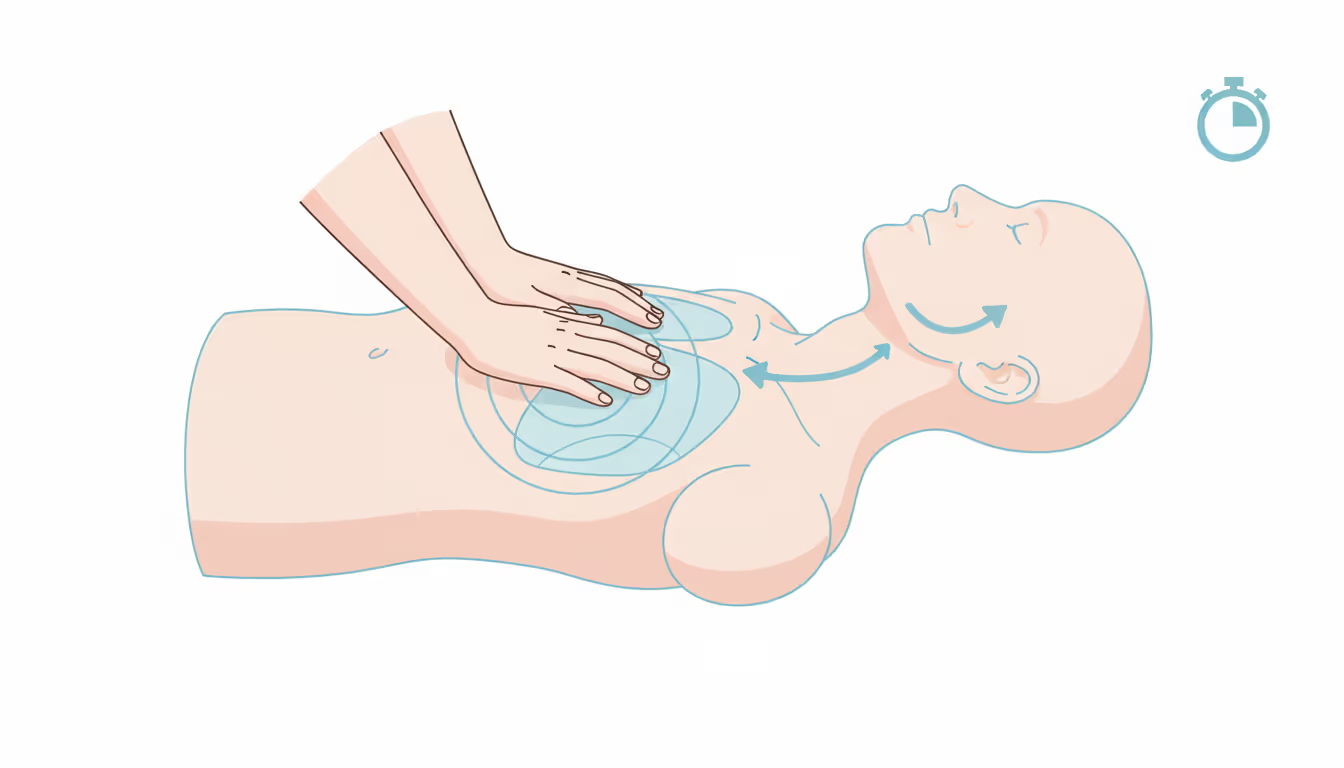
Genetic Disorders:These are illnesses resulting from anomalies in a person's genetic makeup. There are several forms of genetic inheritance:Single Gene Inheritance:Also known as Mendelian or monogenic inheritance, this form arises from alterations or mutations in the DNA of a single gene. Over 6,000 single-gene disorders are known, occurring in roughly 1 in every 200 births. Examples include sickle cell anemia, Marfan syndrome, Huntington's disease, and hemochromatosis. These disorders follow identifiable inheritance patterns, such as autosomal dominant, autosomal recessive, and X-linked inheritance.Multifactorial Inheritance:This is sometimes referred to as complex or polygenic inheritance. It results from the interplay of multiple genetic mutations and environmental influences. Genes affecting susceptibility to certain conditions have been identified on chromosomes 6, 11, 13, 14, 15, 17, and 22. Common chronic conditions like heart disease, diabetes, Alzheimer’s, and cancer fall under this category. Multifactorial inheritance also influences inherited traits such as fingerprint patterns, height, and skin color.Chromosomal Abnormalities:Chromosomes, which are structures composed of DNA and protein, reside in the nucleus of each cell. As carriers of genetic material, any abnormalities in their number or structure can lead to disease. Down syndrome, or trisomy 21, is a prevalent disorder resulting from an extra copy of chromosome 21. Other chromosomal abnormalities include Turner syndrome (45,X), Klinefelter syndrome (47,XXY), and Cri du Chat syndrome (46, XX or XY, 5p-).Mitochondrial Inheritance:These genetic disorders stem from mutations in the mitochondrial DNA, which are small, round organelles involved in cellular energy production found in plant and animal cells. Each mitochondrion can contain 5 to 10 circular DNA pieces. Examples of mitochondrial diseases include Leber's hereditary optic neuropathy, MERRF (Myoclonic Epilepsy with Ragged Red Fibers), and MELAS (Mitochondrial Encephalomyopathy, Lactic Acidosis, and Stroke-like episodes).The Human Genome Project offers comprehensive insight into our genetic heritage. Although not yet fully completed, ongoing refinements are bringing us closer to a complete human genome reference. The 46 human chromosomes (22 pairs of autosomes and 2 sex chromosomes) contain nearly 3 billion DNA base pairs, housing approximately 30,000 to 40,000 protein-coding genes. The coding regions constitute less than 5% of the genome, with varying gene densities across different chromosomes.Most genetic diseases result from mutations in a single gene. However, understanding the genetic contributions to diseases with complex inheritance patterns, like diabetes, cancer, and mental disorders, remains challenging. In these cases, no single gene determines disease presence. Multiple mutations may be necessary for a disease to manifest, with several genes subtly influencing an individual's susceptibility and interaction with environmental factors.




